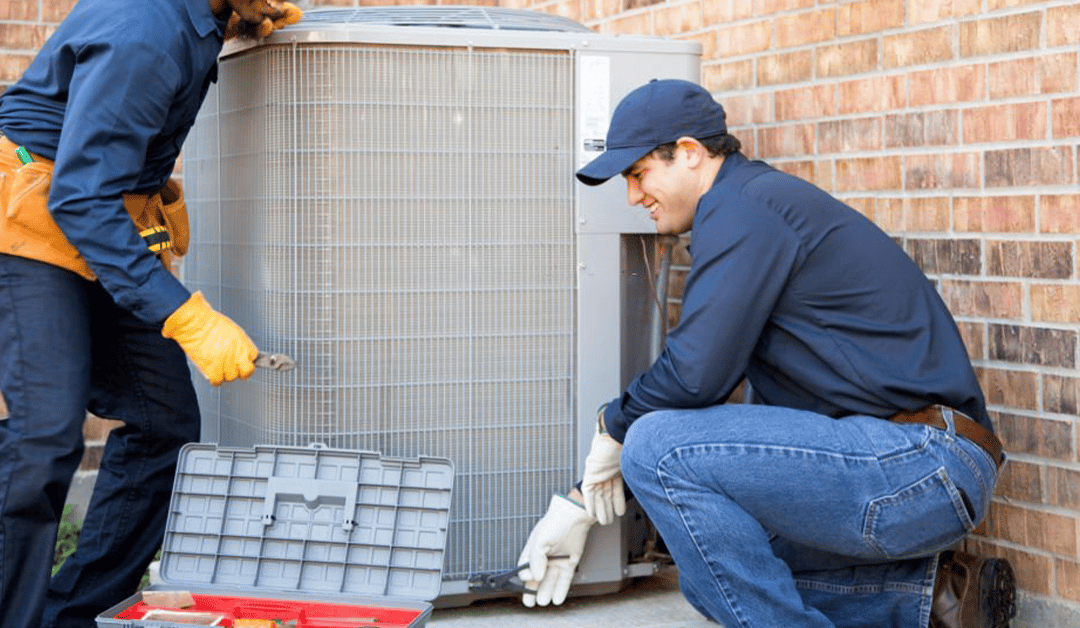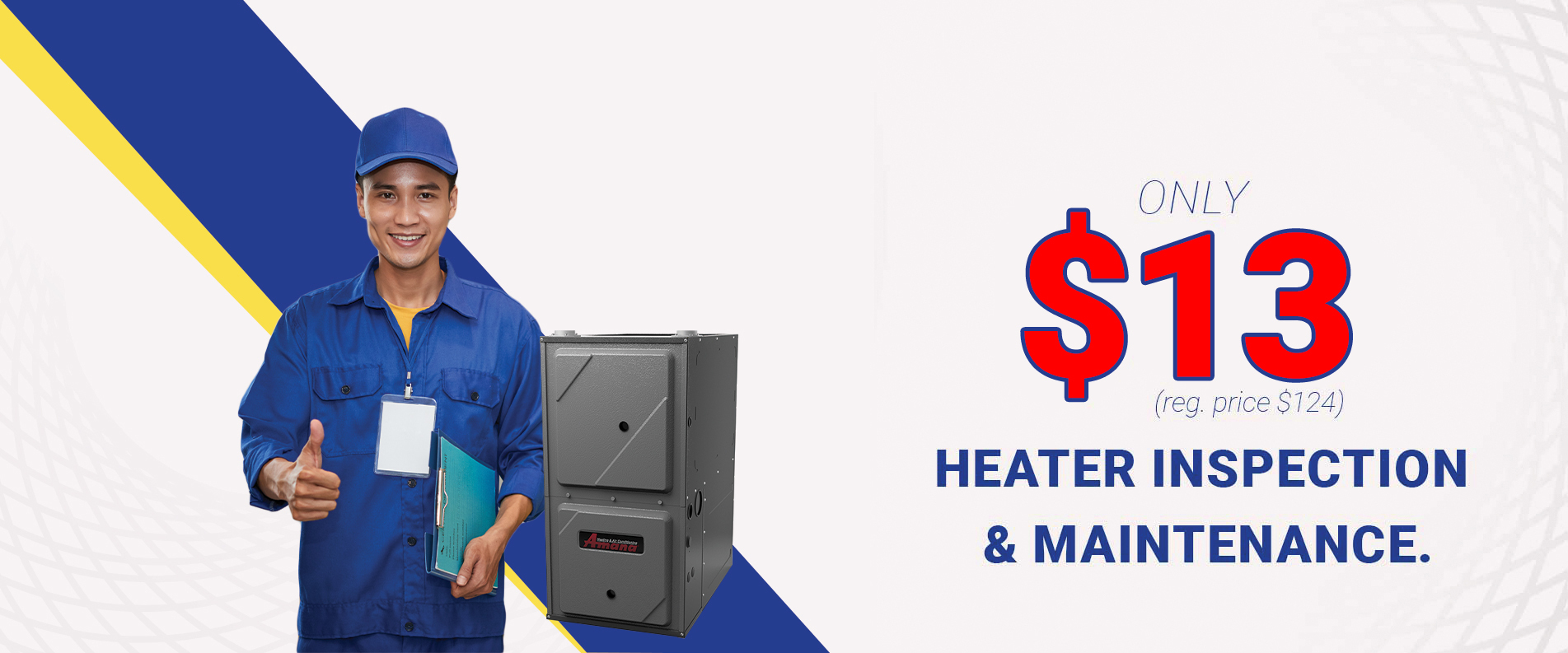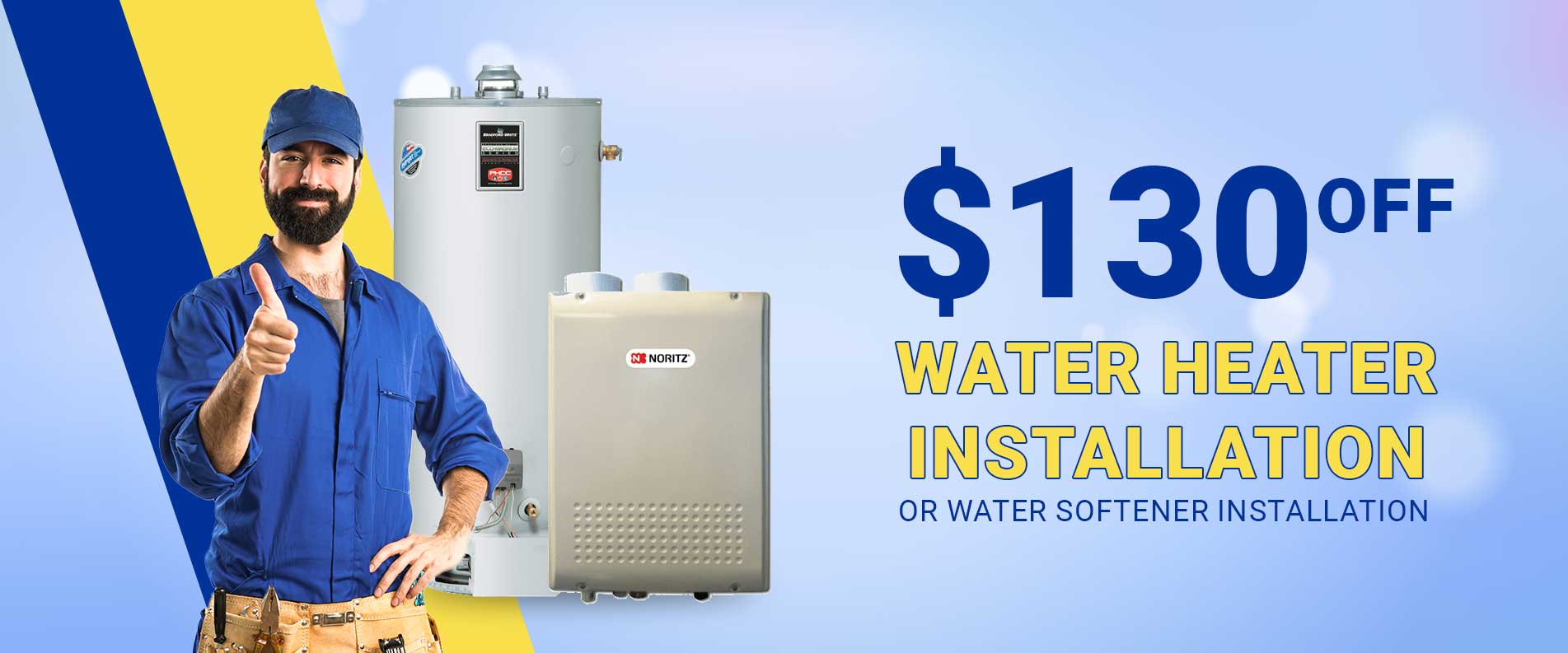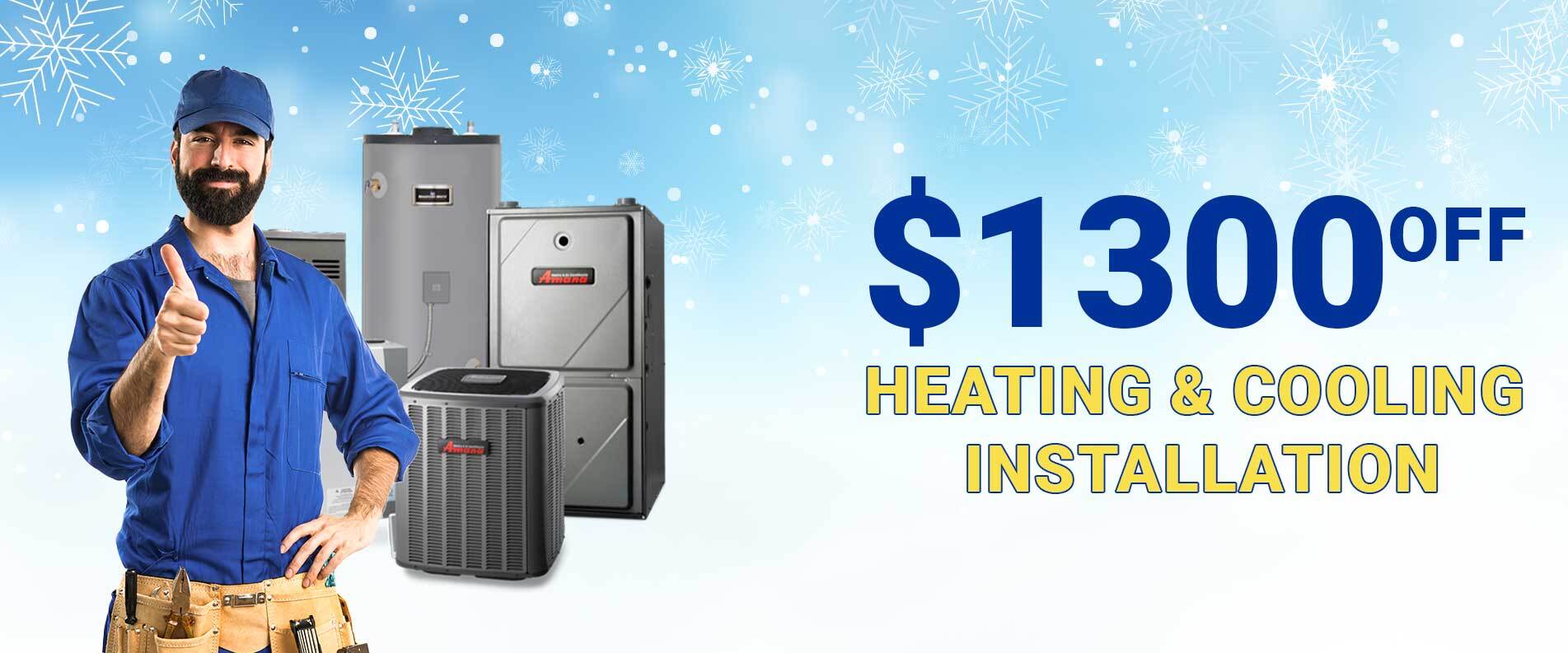The climate control systems used in residential or commercial buildings are referred to by the acronym HVAC, or heating, ventilation, and air conditioning. To keep occupants comfortable, they must circulate warm or cooled, filtered air throughout the facility.
They must move heated or cooled filtered air around the space to keep people comfortable. As a result, an HVAC contractor is a business whose service professionals are in charge of setting up, maintaining, and fixing those systems. For a business to provide these services in the state of Ohio, it must have a professional license.
If your home or place of business needs an emergency repair, replacement, or regular maintenance for an air conditioner, heat pump, or furnace, you would call on this kind of professional experience.
All summer long, your air conditioner has been running. Now that winter has arrived, check to determine if the filter needs to be updated. The primary factor in HVAC system failure is frequently dirt that gets sucked into the system.
Additionally, a dirty filter greatly reduces the efficiency of your system. Each component of the system insulation, heating, ventilation, and moisture control contributes to the resolution. The challenge is striking a balance between a cozy home and a power bill that won’t break the budget when the nights get longer and the temperatures drop.
Four Steps to a Warm and Dry Home
You can make your house cozier and healthier this winter whether you own it or rent it. For a warmer house in winter, follow our instructions below.
Insulation
The first step to make your home cozy this winter is insulation. As insulation prevents heat from evaporating more quickly than it can be produced, it is simpler and less expensive to maintain a comfortable home.
Dampness
By addressing dampness, you can slow the spread of dust mites, mildew, and mold. A home with less moisture is healthier and requires less upkeep. The air is also simpler (and less expensive) to heat. Many of the methods for getting rid of moisture are affordable and simple.
Ventilation
Ventilation comes next after you’ve addressed the main sources of moisture. Modern dwellings can be overly airtight, whereas some older homes have too much ventilation. Finding the proper mix ensures that the air is kept clean while removing daily moisture.
Heating
keeping your house dry, warm, and secure. Without a source of heating, a house that is adequately ventilated and insulated would remain chilly. But be aware that the fuel and heat source you choose can significantly increase your winter energy costs.
4 Ways to Prepare Your HVAC System for winters
Make sure your HVAC system is ready to operate at peak efficiency as winter approaches. You may prevent failures and pricey repairs by adhering to these 4 winter preparation measures.
1- While the Weather is still Mild, Turn on your Furnace at Least Three Times
Make sure to activate your furnace at least three times throughout the hotter months. You don’t want to turn on your furnace on the first very cold day just to find that it isn’t working any longer. Squirrels and other animals frequently become stuck in the flue and ventilation systems of furnaces, for example. Throughout the off-season, your heating system could face a number of problems. You should check to verify if your furnace is working early in the season when the temperature is still mild.
2- Conduct a Visual Inspection
It’s a good idea to perform a visual inspection before, and occasionally during, the heating season, regardless of where your furnace is located—in the attic, garage, or closet. Contact a professional if your furnace is in the attic and is difficult to access. Clear the area around the furnace of all objects. Around the entire unit, there should be a minimum 3-foot clearance. Nothing should be placed near or hung over the furnace. These furnaces also require airflow. The airflow surrounding the furnace is reduced if there is a lot of clutter, which leads to breakdowns and improper operation.
3- Ensure that you have a Programmable Thermostat and that it is Properly Installed
It makes sense to monitor your thermostat as the seasons change. You can programme your thermostat to come on around 30 minutes before you wake up so that everything is warm when you get out of bed in the morning. You may programme it to turn off when you leave in the morning, turn on 30 minutes before you arrive, and then turn off at night if you want it cool in the evenings. Smart and programmable thermostats have a wide range of functions. Consult your owner’s manual or call a service provider if you need help configuring something.
4- A Minimum of Once a Year Should be Set Aside for Routine Maintenance
In addition to using natural gas to generate heat, a furnace also emits carbon monoxide. A advise homeowners not to experiment with these two volatile materials. There is a flame inside of your furnace. To ensure that it is burning safely and effectively, you should get it inspected by a professional every year. Additionally, the complete system will be cleaned by your HVAC professional, enhancing indoor air quality and increasing the system’s lifespan.
Safety Advice for Using Space Heaters to Prevent a House Fire
One of the main causes of house fires in the United States is heating equipment. These flames ultimately result in thousands of injuries, hundreds of fatalities, and millions of dollars in property damage. One of the many items that can start these fires is a portable space heater. Without adequate safety measures, space heaters can be quite harmful. The following safety advice can help you keep your house warm and secure during the chilly months.
1- Placement of a Space Heater
Space heaters should be kept at least three feet away from anything that could catch fire, such as drapes, rugs, beds, and clothing. Additionally, keep space heaters away from carpet and busy places where they could pose tripping hazards. Ensure that your heater is positioned on a solid, flat surface as well. A heater should never be placed on a sloped surface because doing so increases the likelihood of it toppling over.
2- Ensure the Use of Safety Features
- Overheat Protection- Heaters that include overheat protection can tell when their internal parts are getting too hot. The switch automatically turns the unit off to prevent overheating when a hazardous temperature is detected.
- Tip-Over Protection- If a heater tips over for whatever reason, it will immediately turn off the heater’s power source.-
- Cool-Touch Housing- By allowing you to touch the heater’s exterior, Cool-Touch Housing guards against unintentional burns. Safety elements like this are especially helpful where there are young children or energetic animals.
3- Don’t Share Outlets
It is best to connect portable space heaters straight into a wall socket. The risk of overheating, fires, and electrical shock accidents increases when an extension cord is used. Space heaters should not share an outlet with other appliances; they should have their own.
4- Keep Up with Maintenance
Regular checkup of space heater is a smart idea. To make sure your appliance is operating safely, you should regularly clean and maintain it, even before you notice a problem. Another useful advice is to let your heater cool after turning it off and unplugging it. To help lessen the quantity of dust and allergies that may be spread throughout your home, wipe the exterior off with a cloth or vacuum.
5- Turn the space heater off and unplug it.
The portable space heater should be switched off and unplugged when not in use. Numerous types come equipped with programmable timers that can be used to set automated on and off times for when you go to bed or go for work. Always keep an eye on a space heater.
6- Prevent Water
It should go without saying. Electricity and water don’t go well together. A space heater should never be near water. A heater should not be used in a bathroom or a humid basement unless it is expressly intended for use in such areas. In order to reduce the danger of electrical shock, avoid touching the heater if you are damp or have moist hands.
Conclusion
The climate control systems used in residential or commercial buildings are referred to by the acronym HVAC, or heating, ventilation, and air conditioning. They must move heated or cooled filtered air around the space to keep people comfortable. If your home or place of business needs an emergency HVAC repair, replacement, or regular maintenance for an air conditioner, heat pump, or furnace, you would call on this kind of professional experience. The air is also simpler (and less expensive) to heat.
Make sure your HVAC system is ready to operate at peak efficiency as winter approaches. It’s a good idea to perform a visual inspection before, and occasionally during, the heating season, regardless of where your furnace is located—in the attic, garage, or closet. The following safety advice can help you keep your house warm and secure during the chilly months. Additionally, keep space heaters away from carpet and busy places where they could pose tripping hazards. The portable space heater should be switched off and unplugged when not in use.





